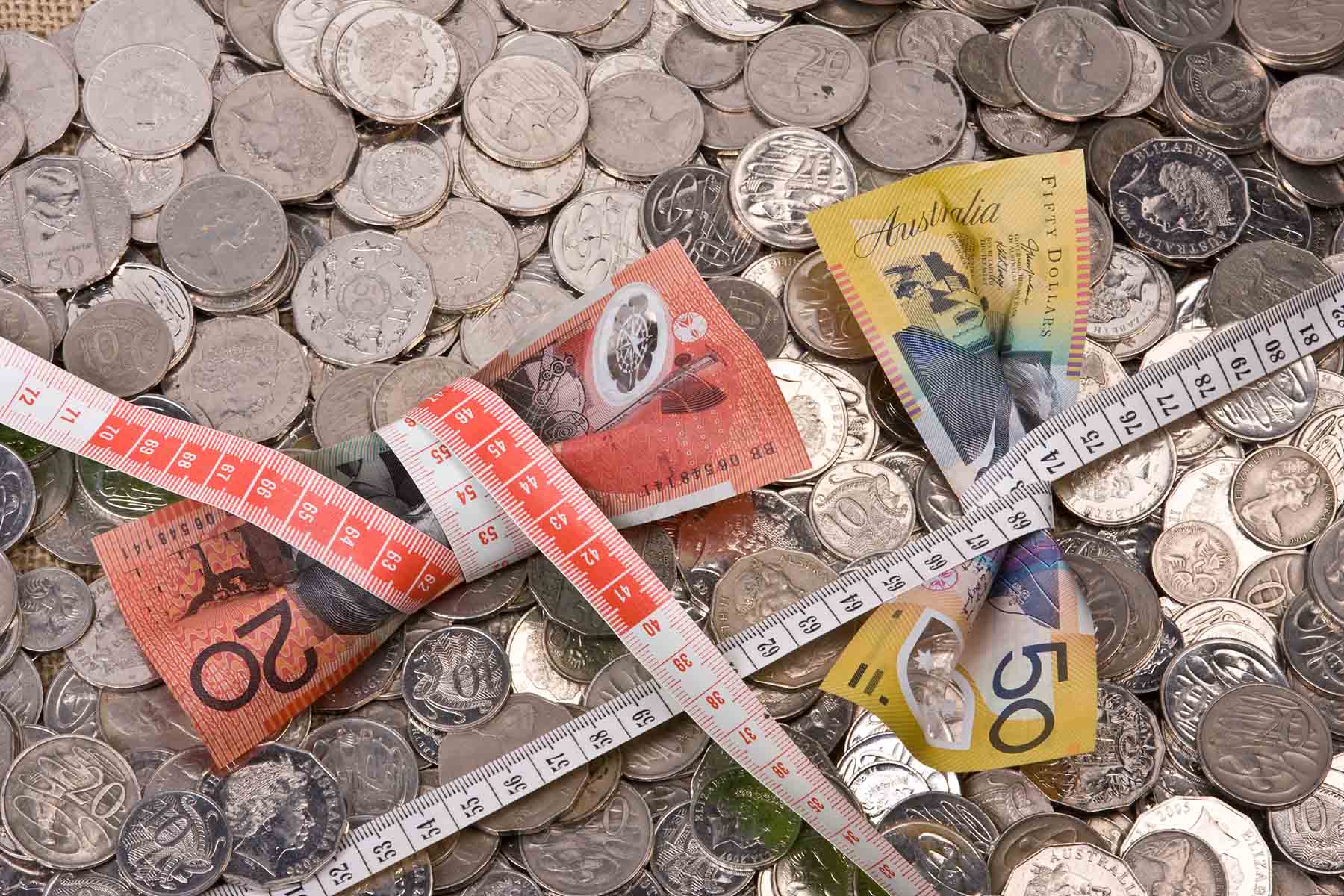Australians struggling with their finances are being urged to seek help as both the federal government and banks step up their COVID support packages.
Troubling research from the ABS, released last month, shows 17.5 per cent of households can’t raise $2,000 in an emergency.
The ABS Household Impacts of COVID-19 Survey from May also found that 5.4 per cent of households couldn’t even get $500 cash within a week.
Recent lockdowns across the country have put many people on the back foot yet again, as businesses were forced to shut their doors and casual workers saw their hours cut.
Household ability to raise money for something important within a week (people aged 18 and over)
| Able to raise $2,000 | 76.2% |
| Able to raise $500 but not $2,000 | 12.1% |
| Unable to raise $500 | 5.4% |
| Don't know | 6.1% |
Source: ABS Household Impacts of COVID-19 Survey, May 2021 of 3,371 participants, released June 16.
Whether households could raise money for something important within a week
| NSW | VIC | QLD | SA | WA | Rest of AUS | |
| Able to raise $2,000 | 74.5% | 79.9% | 75.3% | 69.8% | 75.9% | 81.4% |
| Able to raise $500 but not $2k | 11.3% | 10.7% | 14.6% | 14.6% | 12% | 10.4% |
| Unable to raise $500 | 6.6% | 3.9% | 5.5% | 7.7% | 4.7% | 4.5% |
| Don't know | 7.6% | 5.4% | 4.1% | 7.7% | 7.3% | 3.4% |
Source: ABS Household Impacts of COVID-19 Survey, May 2021 of 3,371 participants, released June 16. Rest of AUS is Tas, ACT, NT.
The ABS Household Impacts of COVID-19 Survey also found 20 per cent of Australians said their household needed to take financial action to pay for basic living expenses due to a shortage of money.
The most popular options were drawing on savings, increased credit card spending, taking out a loan from family or friends, and selling household goods and jewelry.
RateCity.com.au research director, Sally Tindall, said:
“It’s incredibly concerning that more than one in six Australian households can’t raise $2,000 for an emergency.
What COVID has taught us is that with absolutely no notice our world can be turned upside down and we can suddenly find ourselves without enough money.
For households experiencing financial stress, don’t be afraid to ask for help.
The banks are there to support people in severe financial hardship but they’re not automatically handing out mortgage deferrals.
They will be assessing people on a case-by-case basis to check whether there’s a better way of providing relief.
If you need help paying the mortgage, make sure you tell the bank ahead of time so hardship measures can potentially be put in place before you default.
Don’t just stop at asking your bank for help. Make a list of all your bills and reach out to each provider to see what assistance they can offer.
Sometimes just changing to a more economical plan or switching to a cheaper provider can help you scrape through,” she said.
What to do if you can’t pay the bills
Here are some suggestions
- Ask for help from all your bill providers, not just your bank.
- Hit pause on non-essential spending.
- Check what government assistance you’re eligible for. COVID disaster payments are available to eligible people in a hotspot (currently Greater Sydney), with the government lifting the asset test for the third week of the Sydney lockdown.
- If you need emergency cash, see if you are eligible for a no interest loan from Good Shepherd (nils.com.au) or a crisis payment from Centrelink.
- Call a financial counsellor for advice. The National Debt Helpline is: 1800 007 007.
Tips to help build up your savings:
Tindall suggests:
- Find better deals, whether it’s your mortgage, internet, phone or gas and electricity provider.
- Sell your spare stuff. If you’re not in lockdown, jump on to Gumtree or Facebook marketplace and sell anything that might be gathering dust in your house.
- Cash in rewards points. If you don’t have a saving buffer, consider cashing them in for supermarket vouchers and put that money into your savings account instead.
- Commit to a month of non-essential spending. Everyone needs to let their hair down but if you can live frugally for a month or more, you could save hundreds.
- Put your savings in a safe (but productive) place. The home loan is a great place to stash emergency cash because it will help reduce your interest bill at the same time. Otherwise, consider a high-interest savings account. The highest ongoing savings rate on RateCity.com.au is 1.35 per cent if you meet the terms and conditions.















